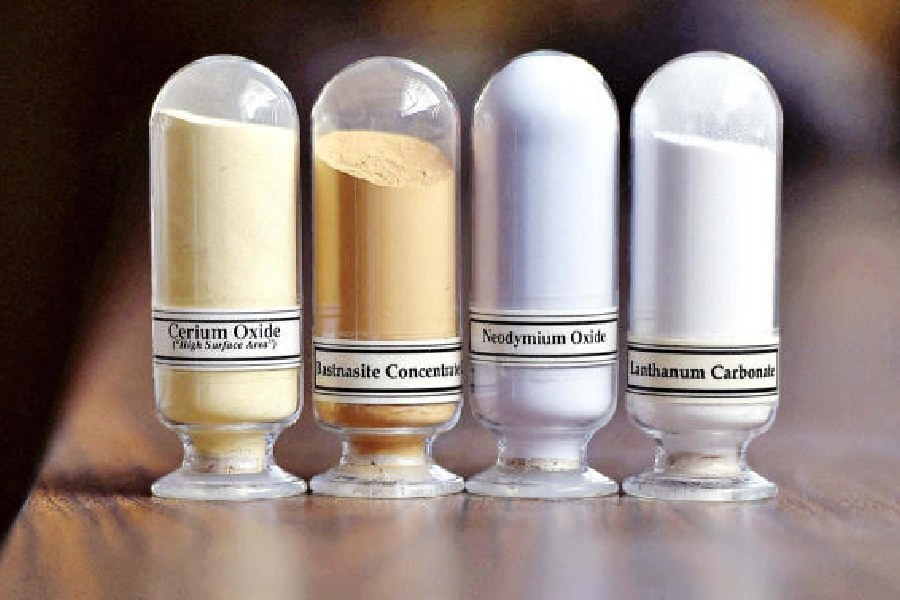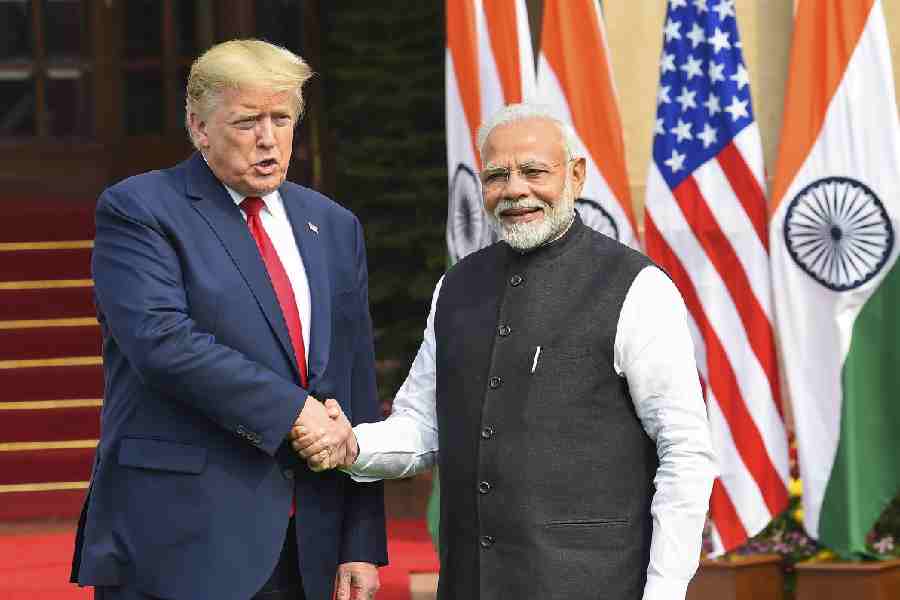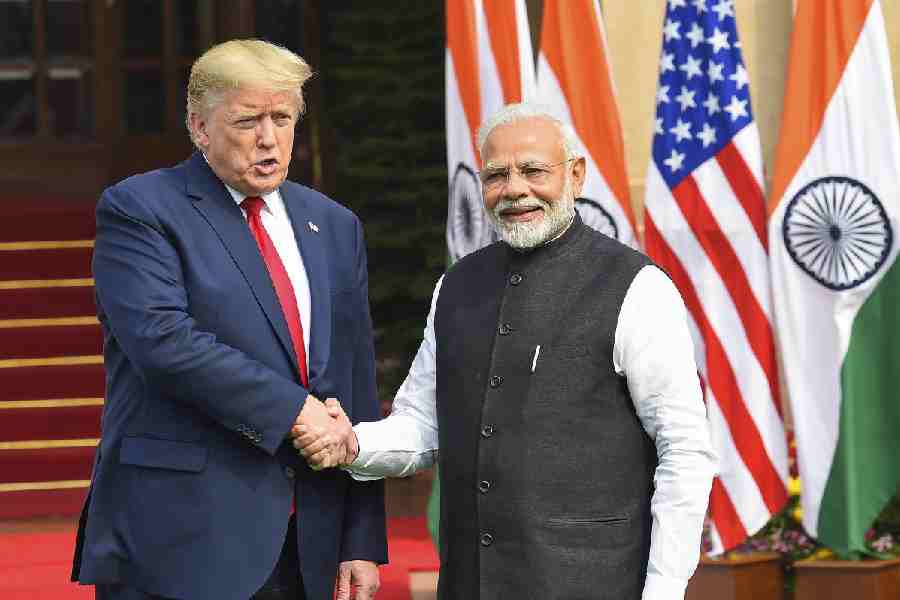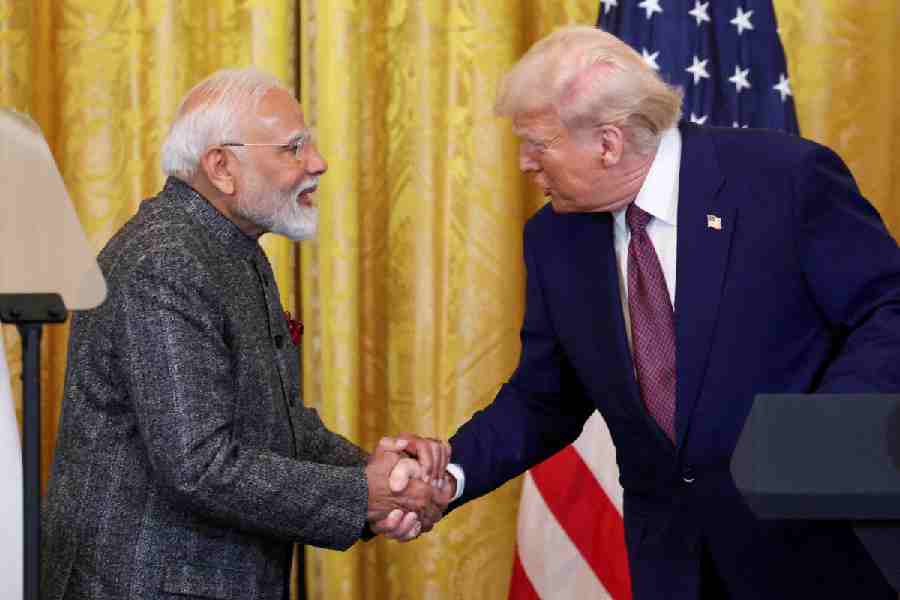India has asked state-run miner IREL to suspend a 13-year-old agreement on rare earth exports to Japan and to safeguard supplies for domestic needs, two sources familiar with the matter told Reuters, aiming to reduce India’s dependence on China.
IREL also wants to develop India’s capacity for rare earth processing, which is dominated globally by China and has become a weapon in escalating trade wars. China has curbed its rare earth materials exports since April, pressuring automakers and high-tech manufacturers worldwide.
In a recent meeting with auto and other industry executives, commerce minister Piyush Goyal asked IREL to stop its exports of rare earths, mainly neodymium, a key material used in magnets for electric vehicle motors, one of the sources said.
The commerce ministry, IREL and the Department of Atomic Energy, which oversees IREL, did not immediately respond to requests for comment. The sources declined to be identified because of the sensitivity of the matter.
Under a 2012 government agreement, IREL supplies rare earths to Toyotsu Rare Earths India, a unit of Japanese trading house Toyota Tsusho, which processes them for export to Japan where they are used to make magnets.
In 2024, Toyotsu shipped more than 1,000 tonnes of rare earth materials to Japan, commercially available customs data showed. That is one-third of the 2,900 tonnes mined by IREL, although Japan relies mainly on China for its rare earths supply.
Toyota Tsusho and Toyotsu did not immediately respond to requests for comment.
IREL has been exporting rare earths due to a lack of domestic processing capacity, but following the recent disruptions to supplies of Chinese material it wants to keep its rare earths at home and expand domestic mining and processing, a second source said.










